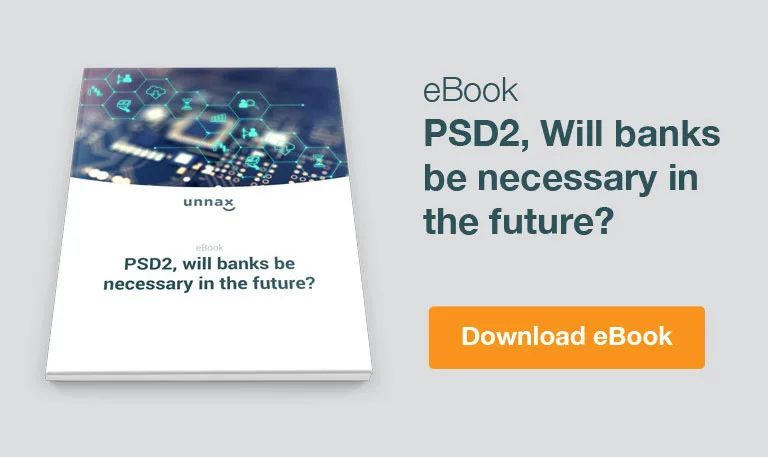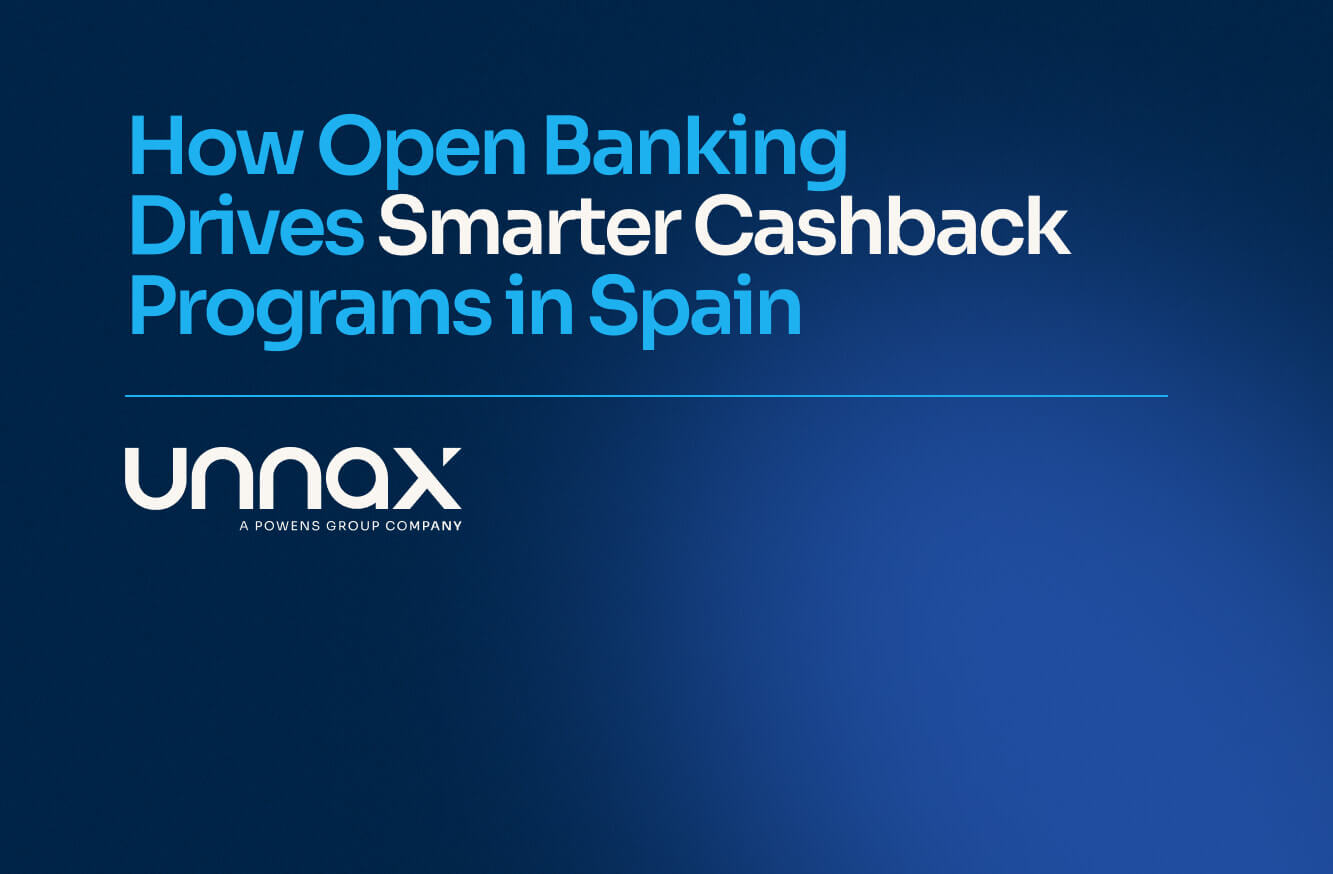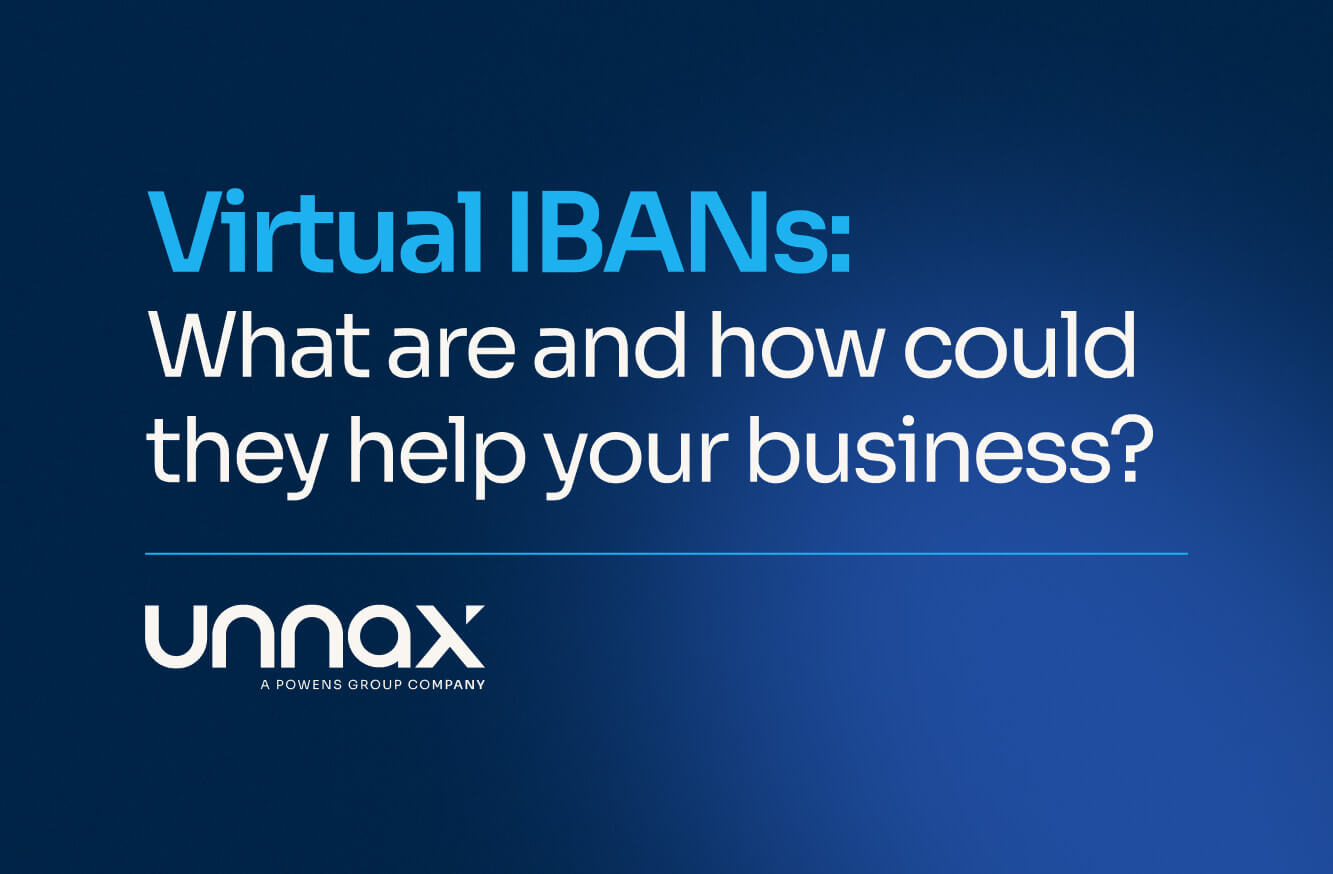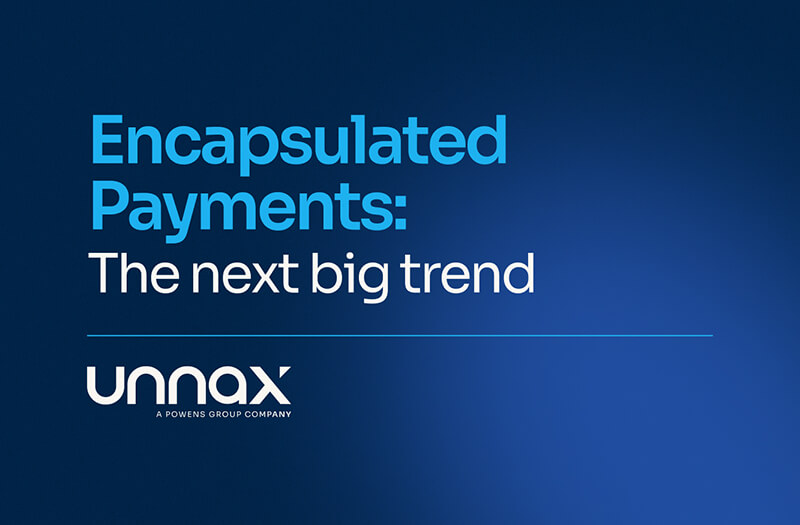Those who are familiar with this blog will already have read about concepts like Open Banking, PropTech, FinTech, API and digitalisation. Today we are going to explain the role that Open Banking is playing in the digitalisation process of property activities and companies (and it is speeding up and reaching a greater number of companies). Getting back to the start, how can we define Open Banking? It is a new way of understanding the range of financial services, which is less closed, more competitive and based on two pillars: the use of technology and a regulatory boost (at least, within the framework of the EU area).
PSD2: the regulation that is boosting Open Banking
Now, let´s begin with the second thing, legal regulations. The regulation that the European Union has been provided with in order to boost Open Banking is PSD2, which came into force in January 2018. The precedent for this new Payment Services directive was PSD1, which created a shared framework for payments and direct debits. This laid the legal foundations of what is known as the SEPA area (countries with the same rights, obligations and conditions for making a payment or collection). It involved the authorisation of 2000 financial services institutions (payments and electronic money) to operate in the EU.
However, the digital revolution meant that the scope of PSD1 was insufficient, as logically it did not take into account the enormous technological leap that would take place within a few years, opening up new possibilities for the sector and financial transactions. That is why PSD2 has been launched which, as we said, encourages Open Banking. Why? Because it puts the consumer and their interests at the centre (they can choose the financial services provider and get hold of their banking data, they have a greater range and better quality…), thus stimulating the emergence of new service providers, completely new services, etc.
That is why, since 2018, banks are required to allow Third Party Providers (TTPs) to access the information from the accounts of their clients or to begin a payment on their behalf (always with the client´s authorisation, they are the real owners of the data that their bank holds).
Tech industries are gaining a grip on the property sector
We are now referring to the second pillar of Open Banking: technological development. It is common –and this time it was no different –that legal regulation arrives when reality has imposed itself. That is to say, before PSD2 was approved, there were already companies that were using technology in order to add value and stand out from the very tradition financial services sector. They were the FinTechs, mostly startups, that used open source APIs that many consumers were benefitting from without being aware of it.
While it is true that the FinTechs began to operate on activities that were strictly financial (especially payments, although also consumer credit, for example), it is also true that they have gradually extended their way of working to other areas. This is the case within the property sector. Here, development is more recent and they have found a sector eager for developments and added value. What we know as PropTech (from “property” and “technology”) applies to a wide range of services and activities, combining the use of different technological developments (not only APIs, we also find artificial intelligence, the Internet of Things, home automation, augmented reality, geolocation, Big Data…).
PropTech, unstoppable and lots left to discover
Property activity suffered from the outbreak of the economic crisis in many countries, also in Europe. Hence why there was a suitable breeding ground for incorporating innovation and seeking to add value to business, attracting consumers by putting them at the centre. In fact, this is the same philosophy that is behind Open Banking. And it is Open Banking that facilitates new practices in this sector, for example crowdfunding (or collective property investment) and crowdlending (an alternative to the mortgage loans of banks).
It is not only FinTechs (and the consumer) that benefit from this new panorama: the sector´s traditional stakeholders (large property companies, banks…) are placing their trust in technology in order to change their relationship with clients and offer a friendlier face, adapted to the new times (greater speed, less bureaucracy, friendlier applications, etc.). For years, at Unnax we have been putting our development and innovation capacity at the service of others, making our contribution to the digital revolution. We also do so in the PropTech sector, which we know will continue to demand innovation and a customer focus in the years to come.










